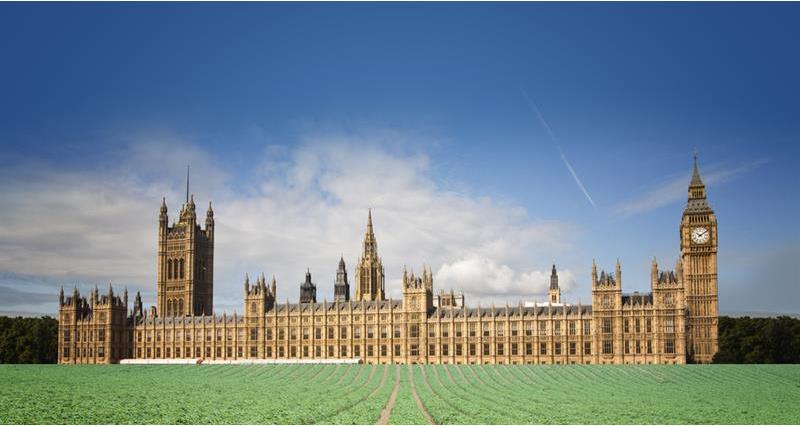It is designed to provide expert scrutiny of any new trade deals, helping to ensure world-leading British agricultural standards are upheld.
The changes have come in response to recommendations in the original TAC report.
They include international ‘agri-food attachés’ who will work around the world to promote export opportunities for UK farmers and producers.
There will also be a new Food and Drink Export Council to work in collaboration with industry and governments in Scotland, Wales and Northern Ireland to promote exports from all parts of the UK.
NFU director of business and trade strategy Nick von Westenholz said, “It is good news that the government has appointed new agricultural attaches in eight key markets, providing the UK with a much-needed voice overseas to promote the fantastic food and drink British farmers produce. The NFU has made it clear that this sort of additional resource is vital if we’re to compete effectively with farmers around the world and grow our export markets.
“We hope to see even more agricultural attaches appointed in the future and in more countries as the government continues to grow its export markets. We look forward to working with the government on its export strategy and also await further details of the UK Export Council.”
Food production standards
In announcing the details the government has said that maintaining the UK’s high standards will be a red line in all trade negotiations, with no compromise on high environmental protection, animal welfare or food standards. A Defra press release states: 'Any deal we sign with other countries will include protections for the agriculture industry, and we have a range of tools to defend British farming against any unfair trading practices.'
Former NFU President Meurig Raymond is a member of the new TAC, alongside with NFU director of trade and business strategy Nick Von Westenholz. Other members are drawn from across the food production, veterinary, animal welfare, environment and international trade policy sectors.

NFU President Minette Batters, pictured above, said:
“The government has made some important commitments in its response to the TAC report, particularly to provide greater resource to promote British food overseas as well as a positive commitment to review public procurement and country of origin information for out of home eating. We want to work with the government in establishing the new Food and Drink Export Council to open up real market opportunities overseas for UK food and farming businesses.
“It is also good to see the new TAC established, which more than one million people supported when they signed our food standards petition.
We want practical and deliverable measures
“However, one of the key drivers for setting up the TAC in the first place was to find practical ways of safeguarding the high environmental and animal welfare standards of UK farmers. This response needed to move on from warm words to concrete commitments and practical and deliverable measures, which it has failed to do. Where is the commitment to establish a clear set of core standards on which to base our free trade agreements – something farmers and the British public alike want to see?
“We can’t overlook the fact that it’s taken more than six months for the government to respond, in which time two important free trade deals have been agreed in principle and which will impact on British farming significantly. The government has missed the opportunity to make these new trade deals fit for the 21st century by ensuring food imports will meet the high animal welfare and environmental standards legally required of our own farmers and desired by the public.
Disconnect between domestic and trade policies
“The disconnect between the government’s domestic and trade policies is stark and needs bridging urgently. The NFU has repeatedly stressed the importance of a strategic approach to boosting domestic food production so farmers can compete in the face of new trade deals and, given the TAC’s own recommendation for a new agri-food trade strategy, it’s frustrating that government has once again failed to address this.
“There remains plenty of work to do and the NFU stands ready to work with the government to ensure the UK’s trading position equally benefits British farmers and the British public who truly value quality, sustainable, climate-friendly British food.”
More information
Earlier this year, the government's Open Doors campaign was launched to help the industry target new opportunities through trade agreements with priority markets.
High-growth markets where demand for British exports is growing include countries in the Comprehensive and Progressive Trans-Pacific Partnership (CPTPP) which are projected to account for 21% of global import demand for meat by 2030.
The UK recently secured better access to Japan for UK poultry and Mexico for UK pork, and has made progress removing trade barriers which hold back our farmers, such as the US ban on British beef.
